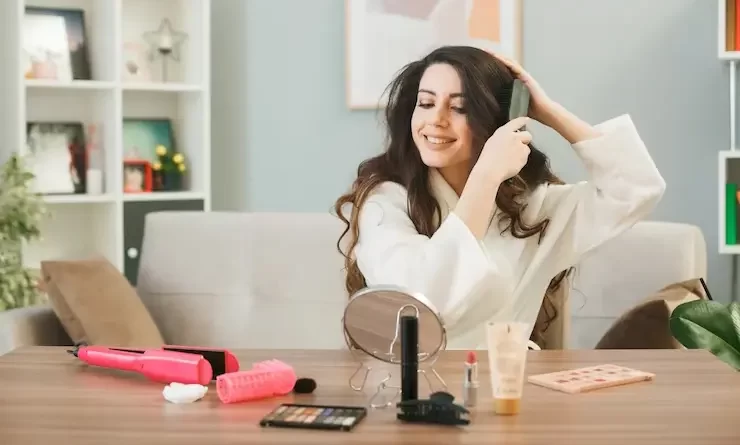Am I Eligible to File for a Hair Straightener Lawsuit?
Recent research has linked the use of hair relaxers to an increased risk of developing uterine cancer, endometriosis, uterine fibroid, and ovarian cancer. As a result, dozens of lawsuits have been filed against L’Oréal USA Inc and other manufacturers of these products in federal courts across the U.S. If you have been using hair straighteners and were, subsequently, diagnosed with the ailments, you may be eligible for compensation. This means that you could join an existing class action lawsuit or file an individual claim against the manufacturer of the product for damages, such as medical bills and out-of-pocket expenses, mental anguish, pain, and suffering. This article provides an overview of factors that could affect your eligibility to file a lawsuit.
Injury or Damages
If you have suffered an injury or experienced damage because of using hair straightener products, then you may be able to receive compensation from the manufacturer through legal action. Damages could come in the form of costs incurred during medical treatment related to ailments caused using the inferior quality product. To make headway in terms of seeking this kind of recovery settlement through court proceedings, one must be able to demonstrate they’ve indeed sustained tangible losses resulting from the use of the harmful hair relaxers. It is best to keep track of these details so you can build a solid case.
Product Defects & Malfunctions
It is possible to file a product liability lawsuit suit if one had purchased defective items such as those with design flaws, which later resulted in bodily harm. The National Institutes of Health study concluded women who used certain chemical-based relaxers multiple times a year were more likely to develop uterine cancer and other associated ailments. This is why those affected by the issue should consult a qualified legal professional that specializes in product liability litigation. These chemical relaxers may not be the safest options so it’s suggested to research where you are going and what the damages could be beforehand.
Negligence & Wrongful Conduct
Manufacturers, distributors, and retailers of hair relaxers could be held liable for any negligence or wrongful conduct in the design, marketing, and sale of the product. Examples of such include inadequate testing, improper quality control, or failure to provide sufficient warnings or instructions. Manufacturers are responsible for making sure a product is safe before it goes out to consumers. Failure to do so can cause some severe damage to the public. A case must be made that the product was dangerous due to the defendant’s intentional disregard for reasonable standards of care.
Statute of Limitations & Jurisdiction
Statutes of limitations on tort claims like hair relaxer lawsuits may vary depending on the state and can range from 2 to 6 years. All states follow some version of the “discovery rule” for determining when the statute of limitations begins to run on an injury lawsuit. This means the applicable limitation period does not necessarily begin on the date of the plaintiff’s injury, but rather when they discover or should have discovered that they have grounds for legal action. As such, it is important to consult an experienced lawyer at Riddle & Brantley to get a better understanding of the applicable state laws surrounding these types of cases.
Conclusion
Being aware of all the qualifications and requirements to file a hair straightener lawsuit is important in determining if you are eligible for compensation. Make sure to consult with a lawyer who specializes in product liability cases to ensure that you have enough evidence and documentation to support your claim. Additionally, be aware of the statute of limitations and authority restrictions so that your case can be properly filed within the allotted time. Do not hesitate to reach out to a trusted legal team if you feel you may have developed health problems from a chemical hair straightener.




